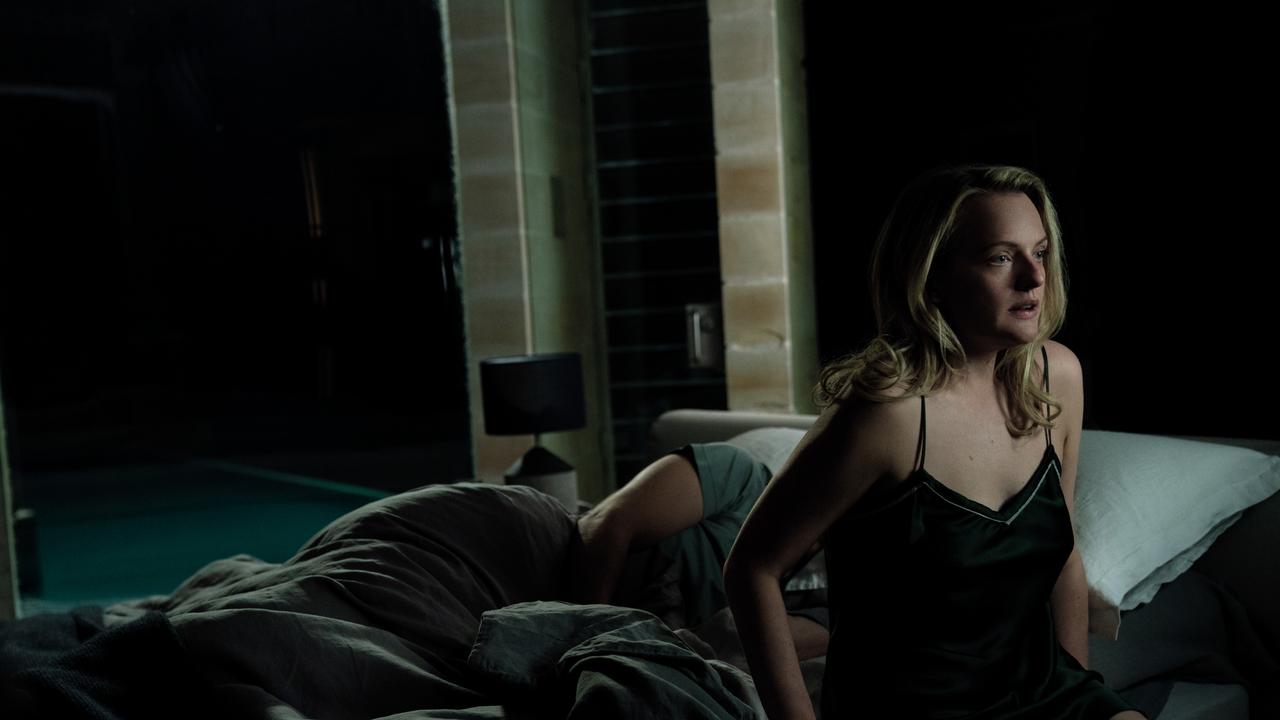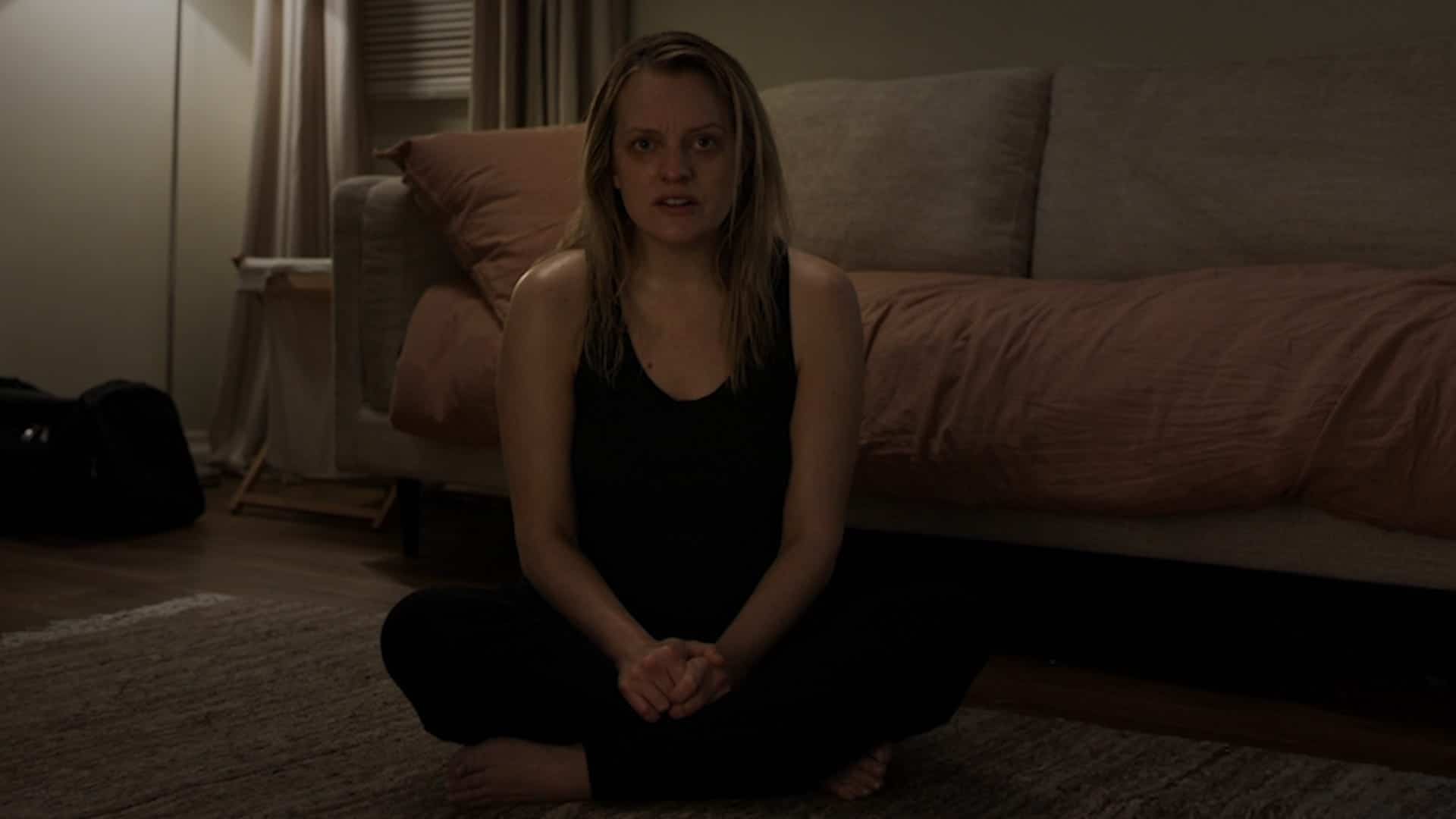Want to hear more from the actors and creators of your favorite shows and films? Subscribe to The Cinema Spot on YouTube for all of our upcoming interviews!
Managing editor & film and television critic with a Bachelor's of Arts in English Literature with a Writing Minor from the University of Guam. Currently in graduate school completing a Master's in English Literature.
The month of February ends with some huge shocks as Blumhouse Productions releases yet another new psychological thriller based on H.G. Wells’s classic horror novel, The Invisible Man. In this review, we discuss the film on the same name directed by Leigh Whannell (the Saw franchise, the Insidious franchise, Cooties, Upgrade).
Beware, fellow readers, as there may be spoilers ahead!
The Invisible Man follows a young woman named Cecilia Kass who begins to believe that her abusive ex-husband — who recently died in an apparent suicide — is still alive somehow and is out to seek revenge on her. Originally, the film was supposed to be an integral part of Universal Studios‘s monstrous Dark Universe. However, it was decided that it wouldn’t be, which is for the best, especially with the filmmaker’s credits working on previous horror projects. The film succeeds in many aspects: its cinematography, performances, themes, and storytelling.
To start, this isn’t the first time we’ve seen something like this before. In 2000, director Paul Verhoeven had Hollow Man — which was also inspired by the Wells novel — whose cast featured Elisabeth Shue, Kevin Bacon, and Josh Brolin. Fast forward to two decades later, this newer adaptation does wonders, and to consider its significantly smaller budget, it’s incredible from start to finish!
If you’ve seen Whannell’s work in his previous projects, you can tell that you know what he is doing here.
Stefan Duscio’s cinematography is magnificent, and it seems almost as if every horrific action sequence involving Elisabeth Moss and the title character comes off as realistic. He seems to get every shot down to the angle, and the camera work is conducive to the overall paranoid feel of the movie, almost as if we, the audience, are tagging along with the protagonist herself.
Due to the antagonist being — as the title explains — an invisible being, there is a lot of negative space around Moss’s character. This negative space is not backgrounded but rather foregrounded, and that itself leaves some lingering terror in the viewers’ minds. In addition to the white space are the undulating transitions from one scene to the next. One moment, there is silence, then all of a sudden, something jumps at you but it isn’t what you would expect; perhaps it’s just the writing on Whannell’s end that gets us.
Speaking of Moss, the actress plays such a grand role in the film, and as it progresses, we empathize more and more with her character. Cecilia Kass begins to believe that her ex-husband had actually died and his ghost has come back to haunt her. However, she realizes he isn’t a ghost. Instead, he’s created a suit that manipulates the optics of his natural environment, rendering himself invisible.
Moss’s performance is remarkable insofar that there are parts where we believe she’s either the villain of her own story, the victim, or both. She gets our adrenaline pumping, heating up the tension, and thus increasing our anxieties and paranoia.
Protagonist Cecilia Kass takes the spotlight in this film. Her character development outshines that of the other characters here. At first, you see her as this innocent miserable woman who is leaving her abusive relationship, but then as time passes, she becomes manipulated into a type of environment where trouble follows her wherever she goes. The final scene offers the best possible outcome for the conflict displayed throughout the film, and you’re just satisfied with the decision she’s come to.
There isn’t much of a soundtrack or a musical score, and that’s what adds to the creepy aura of the film. The silence is everything when done properly.
Whannell’s writing is wild, concrete, intriguing, yet easy to follow along with. Kass’s ex-husband is conveyed as a manipulative patriarchal figure who gets his way by controlling how those close to him act and think, and this affects both Kass and her brother-in-law Tom Griffin — Adrian’s lawyer and twin brother — profoundly.
Just when matters get better for Kass, Adrian gets his way and things get worse for Kass. The dynamic between the two characters is tragic, and I mean this in the best way possible. You worry so much for the protagonist and at the same time, you understand how Adrian gains the upper hand almost every time. The twists that appear by the end may be predictable and it is here that the story begins to reveal its blueprints.
The science fiction weaves itself so well into the story. On the one hand, this film’s logic and reasoning of giving its antagonist his invisible attributes make more sense than in Hollow Man, which involves Kevin Bacon taking a serum that the military will then use for their purposes. Although in The Invisible Man, Adrian Griffin is an “optics groundbreaker” who creates a suit that absorbs or refracts light waves.
Secondly, the science fiction of this film also deals with controlled substances and how it affects individuals’ mental capacities. From this aspect, we can apply Sigmund Freud’s master-slave dialectic and Michel Foucault’s concept of the abnormal individual.
According to Freud, the slave can transcend their position by getting to the level of the master. In the case of Cecilia Kass and Adrian Griffin, we see this dynamic at work. From Foucault’s perspective, we look at the monster in terms of this same dynamic. The lecturer defines the monster under the three figures of the abnormal: the human monster, the individual to be corrected, and the masturbator.
The monster breaches the law without conjuring a response while at the same time forming something spontaneous, brutal, yet natural, which is, therefore, the crimes that occur and are blamed on Kass. She then becomes the individual-to-be-corrected (or also, the incorrigible) when those close to her can no longer fix her when she becomes regular in her irregularities. At some point, Kass will be committed and it is here where worse acts of monstrosity transpire, which deems Kass the masturbator. Foucault calls this the sexual monster due to the most esoteric things that happen between the woman and her ex-husband, things that are supposed to remain between the two in private.
This film presents a clear and relative modern-day horror narrative that integrates into itself elements of its inspired classic monster tale. The Invisible Man deserves all the praise that comes its way along with potential accolades and awards, primarily for Whannell’s directing and writing, Moss’s performance as a female lead, and Duscio’s cinematography. Perhaps the only failure is not showing much of Adrian Griffin, but during the scenes in which he does appear, he displays himself as menacing.
Even the smallest details give way to the story. Cecilia Kass’s Cal Poly Architecture sweatshirt suggests the theme of foundations and boundaries. The protagonist’s environment is full of open spaces but feels that these spaces are being invaded by an unseen and unknown entity. The film also gives a nice little nod to the iconic Invisible Man look from the twentieth century in one scene, and it may just give you a chuckle.
By the end of the film, Kass speaks the line “I don’t feel amazing. It’s all a lie.” This speaks for the theme of abusive relationships between two individuals, such as in Freud’s master-slave dynamic/dialectic. There is nothing amazing about living in misery and suffering and in the eyes of the public, this relationship exhibits false appearances.
The Invisible Man is quite a heart-racing experience for horror fans, showing that monsters do not need to have gruesome appearances but rather in personality. There are scenes that could be written to appeal as more realistic, and it would make sense to the titular character to have more visibility here and there, but even so, the film has aimed for perfection with the way it is!
9.2/10
Will you be seeing this movie? Let us know! For more horror-related news and reviews follow The Cinema Spot on Twitter (@TheCinemaSpot) and Instagram (@thecinemaspot_).
Managing editor & film and television critic with a Bachelor's of Arts in English Literature with a Writing Minor from the University of Guam. Currently in graduate school completing a Master's in English Literature.










14 Comments on “‘The Invisible Man’ (2020) – A Non-Spoiler Review”